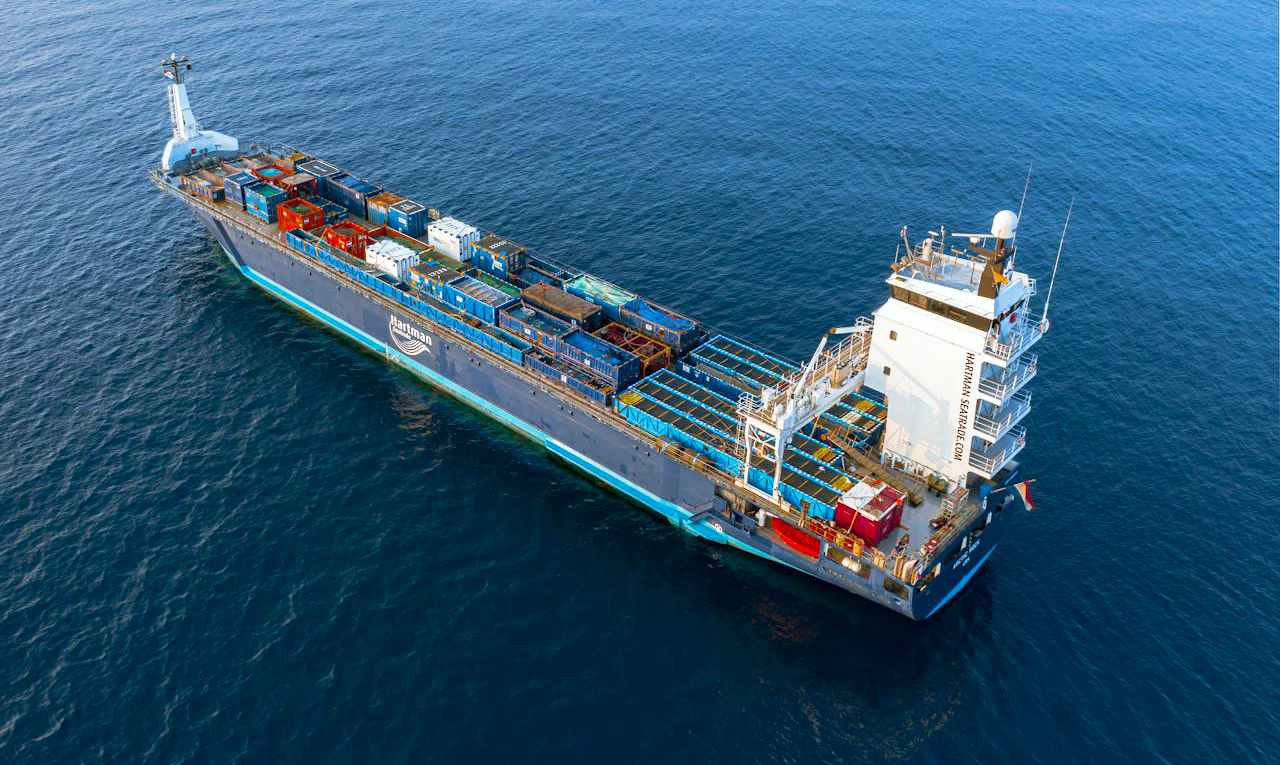What Is an NVOCC in Shipping
Posted On 7th May 2025If you have ever wondered how freight crosses oceans without shippers owning a single boat, then you don’t know about the NVOCC (Non-Vessel Operating Common Carrier).
They offer ocean carrier services without owning vessels; they snag space from big steamship lines at bulk rates, then pass those savings to smaller shippers.
So, this guide unpacks the NVOCC’s role, from licensing to picking the right one, and outlines the main difference between NVOCC and freight forwarder. We will also bring some practical NVOCC applications to your attention and help you in choosing a carrier that suits your needs.

What is an NVOCC Agent
An NVOCC host agent is your shipping manager, handling logistics for a non-vessel operating carrier without touching a ship. They book the freight space with the shipping lines, handle the paperwork, and keep freight moving smoothly.
Most importantly, the NVOCC agent ensures that the global trade for shippers is at competitive rates. Well, thanks to all these management techniques and NVOCC agents, the ocean freight feels quick and easy for customers.
We now know what NVOCC is, so let’s dig deeper into the requirements!
NVOCC License Requirements
Being an NVOCC isn’t just about booking freight, it’s about proving you’re eligible with a license application. The Federal Maritime Commission requires an Ocean Transportation Intermediary (OTI) license for NVOCCs to operate legally.
This is not just a label, as it demands specific proof of financial responsibility to cover claims or damages, like a safety net for shippers’ goods.
NVOCCs also take on serious legal duties, shouldering full responsibility for cargo from port to port, unlike travel agent-style freight forwarders who plan but don’t own the risk. The NVOCC license ensures they can handle supply chain hiccups, issuing their own bills of lading to seal the deal. It’s a rigorous process, but it keeps non-vessel common carrier operations trustworthy.
NVOCC vs Freight Forwarder - Know the Difference
As we’ve already learned, an NVOCC plays a big role in operations by acting like a shipping line without owning a ship. They manage absolutely everything while operating legally under license, also risking their own reputation on the line.
In contrast, a freight forwarder is more like a logistics manager, handling ocean freight without taking any risks, unlike the NVOCC. Forwarders coordinate with trucking companies, warehouses, and customs brokers, ensuring your freight glides through the process swiftly and efficiently.
Their role is planning, not owning the transport, making them distinct from NVOCCs, who carry responsibility for the shipment’s journey.
| NVOCC | Freight Forwarder |
| NVOCCs solely specialize in ocean freight transportation/arrangements | Freight forwarders typically handle freight with all different transportation modes |
| NVOCCs are often considered carriers, similarly to shippers | Freight forwarders are often considered agents in relation to shippers |
| NVOCCs issue their own bills of lading every time | Freight forwarders do not issue their own bills of lading |
| NVOCCs carry complete responsibility and liability for ocean freight | Freight forwarders do not carry responsibility or liability for freight |
NVOCC - Examples and Practical Applications
Now that you know how freight crosses the oceans without the shipper owning a ship, through NVOCCs, here are some examples and practical applications:
- Small Business Exports: An NVOCC can help with transportation freight to Europe, grouping them in a non-vessel operating common carrier container for cost efficiency.
- E-Commerce Logistics: Online retailers use NVOCC services to bundle small parcels into one container, streamlining delivery to global buyers.
- Construction Materials: Contractors rely on NVOCC expertise to ship heavy equipment parts, with the NVOCC issuing a House Bill of Lading.
- Specialty Retail: Many furniture manufacturers use NVOCC companies to ship custom pieces, leveraging their established presence in key ports.
NVOCCs bridge gaps in ocean shipping, making global logistics feel effortless for customers!
When and How to Choose a Non-Vessel Operating Common Carrier
Choosing the right shipping partner can feel like finding a needle in a haystack, but non-vessel operating common carriers make it simpler for small shippers.
We recommend going for an NVOCC when you need cost-effective ocean freight without the hassle of negotiating with big carriers. Well, they are your go-to for bundling smaller loads into containers, saving extra cash and stress.
To choose wisely, check their licensing with the federal authority to ensure legitimacy. Look for a track record of reliable logistics, ideally with digital tools for quick quotes.
Also, feel free to compare rates and services to match your freight needs, like tight deadlines or special handling. If you don’t know whether NVOCC is suitable for you, we recommend using the FreightRun quote calculator to get a freight quote matching your needs, freight, and destination.
Wrapping Up:
Well, now you know the NVOCC meaning and NVOCC definition!
In short, NVOCCs simplify ocean shipping for small businesses, offering savvy logistics without owning ships. From agents to licensing, they streamline global freight. Pick a reliable carrier for cost-effective, hassle-free cargo moves, and your goods will sail smoothly to their destination.



